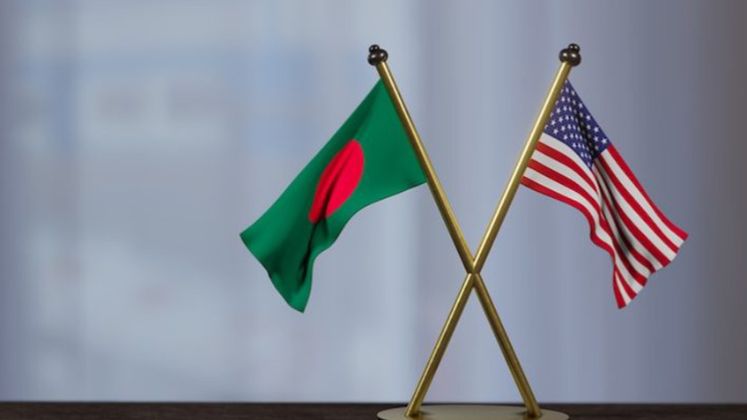
The Bangladesh Government is exploring ways to involve private sector representatives in upcoming tariff negotiations with the United States, as the country prepares its response to the US Trade Representative’s (USTR) proposed tariff schedules.
The USTR has already sent Bangladesh three detailed tariff proposals, prompting the Government to review and formulate its stance. Commerce Secretary Mahbubur Rahman announced that an inter-ministerial meeting is scheduled for Saturday to finalize the agreed tariff lines, which will then be submitted to the USTR. While most issues have been addressed, Rahman declined to specify details, citing confidentiality under a non-disclosure agreement signed prior to the talks.
In a significant move, the commerce secretary revealed plans to involve private sector stakeholders in the negotiation process. “We will be reaching out to business leaders from leading chambers and trade bodies,” Rahman stated, emphasizing the Government’s intent to incorporate industry insights into the discussions. However, he did not specify how many products the US is seeking zero-duty access for, only noting that the number is significantly lower than Bangladesh’s total list of 7,446 tariff line items.
The third round of tariff talks, scheduled to take place in Washington before 1st August, when new US import duties are set to come into effect, has yet to be officially scheduled. Rahman indicated that he would request a new date once the internal review concludes.
This development comes amid concerns from economists and exporters over the impact of the proposed tariffs. Experts warn that the US’s additional 35% reciprocal tariff on Bangladeshi goods could severely affect the nation’s garment exports, which last year totaled US $ 8.2 billion. With the US accounting for a significant market share, higher tariffs risk reducing Bangladesh’s apparel exports from nearly US $ 80 billion last year to between US $ 65 billion and US $ 70 billion this year.
Industry stakeholders are already feeling the pinch. Shovon Islam, managing director of Sparrow Group, expressed frustration over the lack of Government engagement with private exporters regarding the negotiations. He shared that American buyers are pressuring him to lower prices, fearing that higher tariffs might lead to shifting orders to countries like India, which benefit from lower duties.
Similarly, Fazlee Shamim Ehsan, executive president of the Bangladesh Knitwear Manufacturers and Exporters Association (BKMEA), noted that the Government has yet to communicate with industry representatives about their potential involvement in the talks.
As Bangladesh navigates this critical phase, the inclusion of private sector voices signals a recognition of the importance of industry input in shaping a resilient trade strategy amid uncertain US policy developments.






